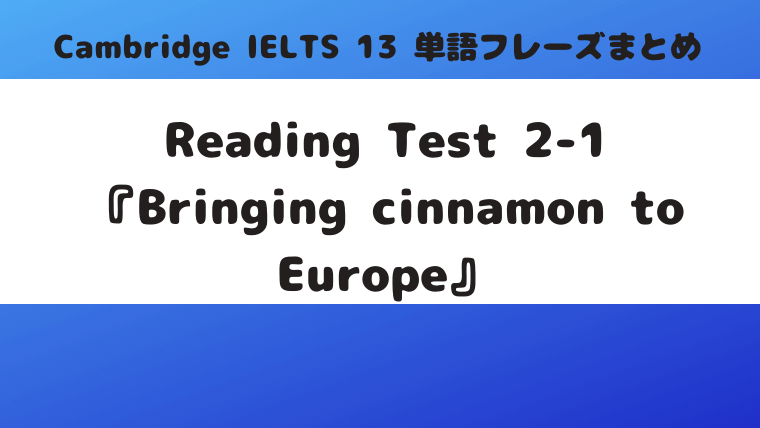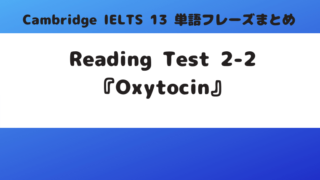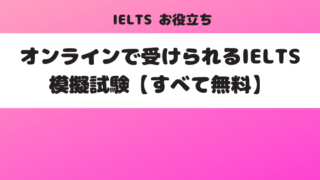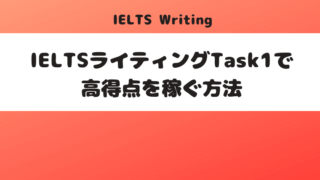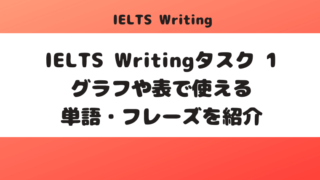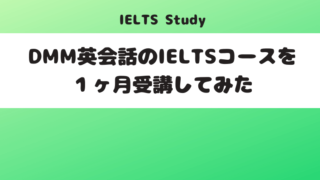「Cambridge IELTS 13」Reading Test2-1『Bringing cinnamon to Europe』(p.38)の単語・フレーズをまとめました。
私がIELTS Readingの単語・まとめを行う理由は「Cambridge IELTS Reading単語・フレーズまとめ」からご覧ください。
Reading Test 2 Passage 1:Bringing cinnamon to Europe
- cinnamon
noun /ˈsɪn.ə.mən/
the bark (= hard outer covering) of a tropical tree, or a brown powder made from this, used as a spice to give a particular taste to food, especially sweet food
《U》 シナモン, 肉桂(にっけい) - fragrant
adjective /ˈfreɪ.ɡrənt/
with a pleasant smell
香りの良い, 芳しい - bark
noun /bɑːk/
the hard outer covering of a tree
1 《U》 木の皮, 樹皮
2 《C》 (犬の) 鳴き声
3 《C》 耳障りな大きな音[声]
(実践IELTS英単語3500:910) - genus
noun /ˈdʒiː.nəs/
a group of animals or plants, more closely related than a family, but less similar than a species
〘専門〙 (生物分類の) 属 - sub-continent
noun /ˌsʌbˈkɒn.tɪ.nənt/
a large area of land that is part of a continent, often referring to South Asia:
1 the subcontinent (the ˌIndian subˈcontinent とも) インド亜大陸 ((インド,パキスタン,バングラデシュを含む))
2 《C》 亜大陸 - biblical
adjective /ˈbɪb.lɪ.kəl/
in or relating to the Bible:
聖書の - mourner
noun /ˈmɔː.nər/
a person at a funeral:
会葬者 - burnt
adjective /bɜːnt/
destroyed or made black by fire or heat
burn の過去/過去分詞
燃えた, 焦げた, やけどした
(実践IELTS英単語3500:750) - additive
noun /ˈæd.ɪ.tɪv/
a substance that is added to food in order to improve its taste or appearance or to keep it fresh and stop it from decaying:
添加物, 添加剤 - condiment
noun /ˈkɒn.dɪ.mənt/
a substance, such as salt, that you add to food to improve its taste
(食卓に載せてある) 調味料 - banquet
noun /ˈbæŋ.kwɪt/
a large formal meal for many people, often followed by speeches in honour of someone:
1 宴会, 祝宴
2 (豪華な) ごちそう - ailment
noun /ˈeɪl.mənt/
an illness
軽い病気
(実践IELTS英単語3500:2966) - indigestion
noun /ˌɪn.dɪˈdʒes.tʃən/
pain that you get in your stomach when you have eaten food that is difficult to digest:
消化不良, (消化不良による) 腹痛 - camel
noun /ˈkæm.əl/
a large animal with a long neck, that lives in the desert and has one or two humps (= large raised areas of flesh) on its back
1 Image of camel《C》 ラクダ
2 《U》 らくだ色, 淡黄褐色
(実践IELTS英単語3500:1376) - overland
adjective, adverb /ˈəʊ.və.lænd/
(of travel) across the land in a vehicle, on foot, or on a horse; not by sea or air:
go / travel overland
陸路で移動する
—overland [形]
陸路の, 陸の - trader
noun /ˈtreɪ.dər/
a person who buys and sells things
1 商人
2 (証券の売買を行う) トレーダー
(実践IELTS英単語3500:1801) - Venice
ベネチア, ベニス ((イタリア北東部の都市.水の都として知られる)) - virtual monopoly
《a ~》事実上の独占 - exorbitantly
法外に, 途方もなく - coupled with
~と結合[合体]して、~と一体になって、~と相まって - spur
verb /spɜːr/
to encourage an activity or development or make it happen faster:
1 《他》 …に弾みをつける, を促す
同意 encourage
2 《他》 (spur somebody on とも) <人> を励ます, 駆り立てる
3 《I always + adverb/preposition, T》 <馬を> せきたてる - pliable
adjective /ˈplaɪ.ə.bəl/
A pliable substance bends easily without breaking or cracking:
1 柔軟な, しなやかな
2 従順な, 人の言いなりになる, 人に影響されやすい
(実践IELTS英単語3500:3324) - curl
verb /kɜːl/
to make something into the shape of a curl, or to grow or change into this shape:
1 a) 《他》 <髪> を巻く, <物> をくるくるに巻く
b) 《自》 <髪が> カールする, <物が> 渦巻き状になる
2 a) 《I always + adverb/preposition》 巻きつく, 丸まる
b) 《T always + adverb/preposition》 …を丸める, 巻きつける
3 a) 《他》 (不賛成・不満を表して) <唇> をゆがめる
b) 《自》 <唇が> ゆがむ - enslave
verb /ɪnˈsleɪv/
・to force someone to remain in a bad situation :
・to make a slave of someone:
・to control someone’s actions, thoughts, emotions, or life completely:
1 …を奴隷にする
2 《通例受け身形で》 …をとりこにする - harvesting
noun /ˈhɑː.vɪst.ɪŋ/
the activity of picking and collecting crops, or of collecting plants, animals, or fish to eat:
<作物> を収穫する, <畑など> から作物を取り入れる
(実践IELTS英単語3500:1487) - tenfold
adjective /ˈten.fəʊld/
・ten times as big or as much:
・having ten parts:
(数・量が) 10倍の
(実践IELTS英単語3500:3341) - displace
verb /dɪˈspleɪs/
to force something or someone out of its usual or original position:
1 …に取って代わる
同意 replace
2 <災害・戦争などが> <人・動物> をすみかから追いやる
3 <水> をあふれ出させる
4 <人> を追放する, 解雇する, 解任する
(実践IELTS英単語3500:2431) - overrun
verb /ˌəʊ.vəˈrʌn/
If unwanted people or things overrun, they fill a place quickly and in large numbers:
1 a) 《他》 <予定の時間・予算など> を上回る, 超過する b) 《自》 超過する
2 《他》 <草などが> …にはびこる, <人などが> …に押し寄せる
3 《他》 <国・建物など> を制圧する, 侵略する
4 a) 《自》 <川が> 氾濫(はんらん) する, あふれる b) 《他》 …を越えて氾濫する - expel
verb /ɪkˈspel/
to force someone to leave a school, organization, or country:
1 …を追放する
2 <外国人> を国外退去させる
3 <空気・ガスなど> を排出する
→ expulsion - lucrative
adjective /ˈluː.krə.tɪv/
(especially of a business, job, or activity) producing a lot of money
金になる, もうかる - harshly
adverb /ˈhɑrʃ·li/
・in an unkind or cruel way
・in a severe or unpleasant way
1 厳しく, きつく
2 ぎらぎらして, 耳[目]障りなほど - alter
verb /ˈɒl.tər/
to change something, usually slightly, or to cause the characteristics of something to change:
1 a) 《他》 (部分的に) …を変える, 改める
alter the course of something
<…>の流れを変える
b) 《自》 変わる, 改まる
2 《他》 <衣服> を仕立て直す
3 《他》 …を改竄(かいざん) する
4 《他》 米 <動物> を去勢する 同意 neuter
(実践IELTS英単語3500:1103) - strip
verb /strɪp/
to remove, pull, or tear the covering or outer layer from something:
to remove your clothing, or to remove all the clothing of someone else:
to remove your clothing as an entertainment:
to remove parts of a machine, vehicle, or engine in order to clean or repair it:
1 《自》 (さっと)服を脱ぐ
同意 strip off 英→ undress
2 《他》 …の衣類をはぎ取る, の服を脱がせる
3 《自》 (ショーなどで) 服を脱ぐ, ストリップをする
4 《他》 …の覆いをはがす, <覆いなど> をはがす
5 《他》 <家など> の中を空にする, <車など> の部品を取りはずす
6 《他》 <エンジン・機械など> を分解する, 解体する 同意 strip down
7 《他》 <歯車・ねじ山など> を擦り減らす, <ギア> を壊す
(実践IELTS英単語3500:) - supersede
verb /ˌsuː.pəˈsiːd/
to replace something, especially something older or more old-fashioned
<新しい考え・製品・方法などが> …に取って代わる
(実践IELTS英単語3500:3310)
